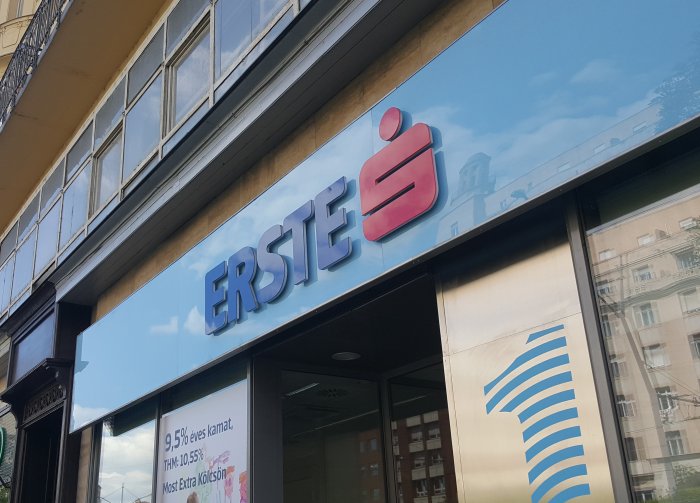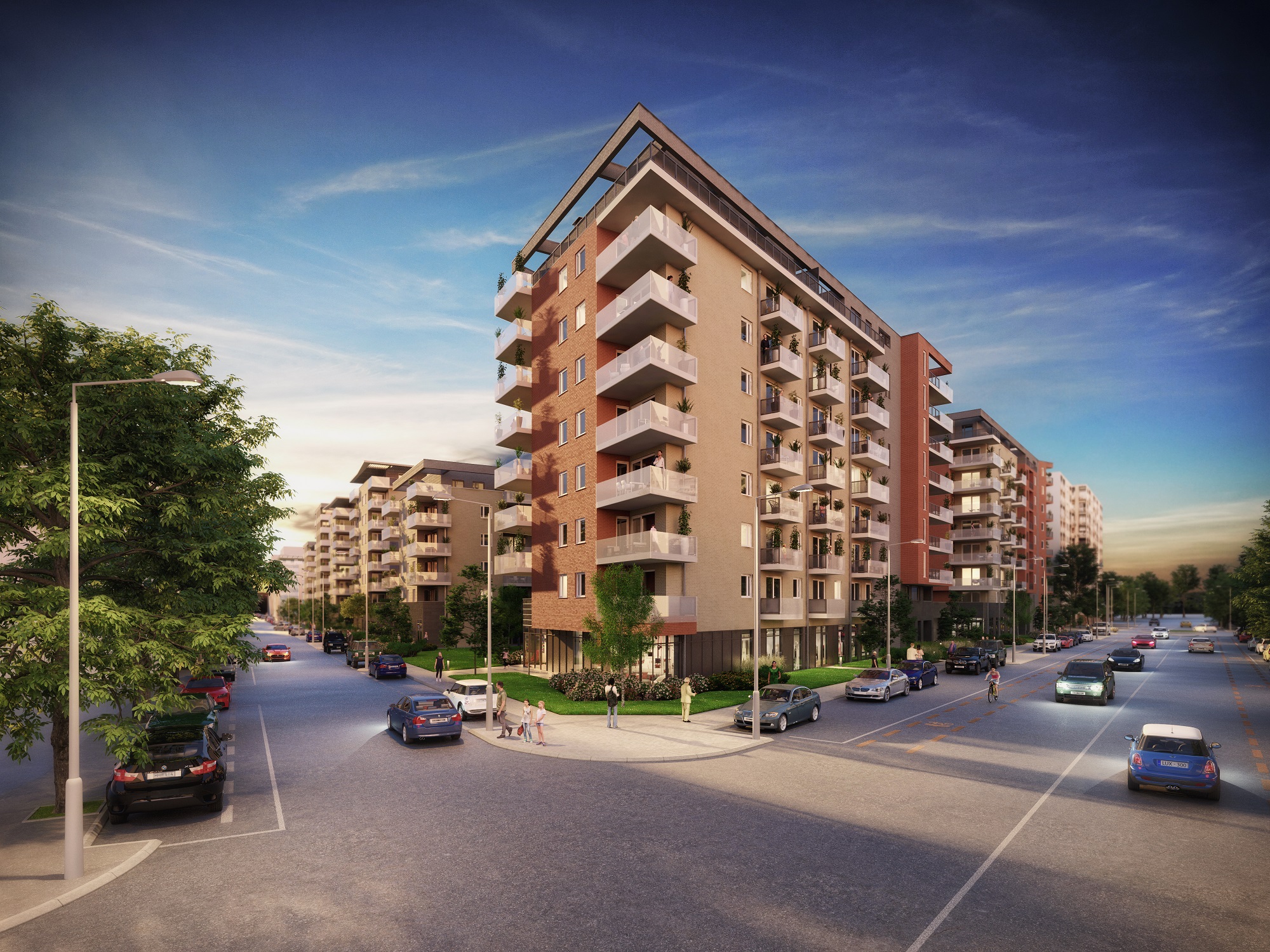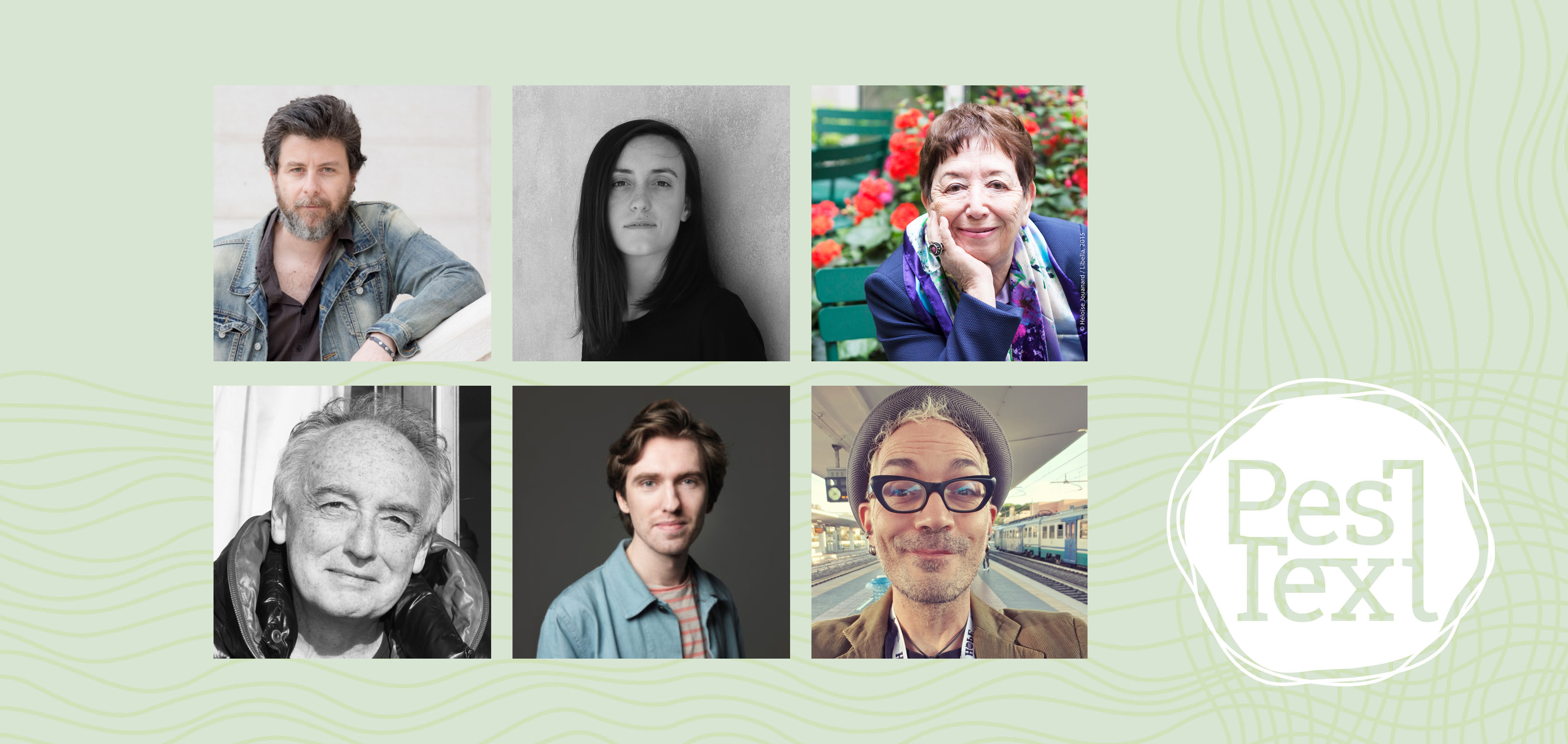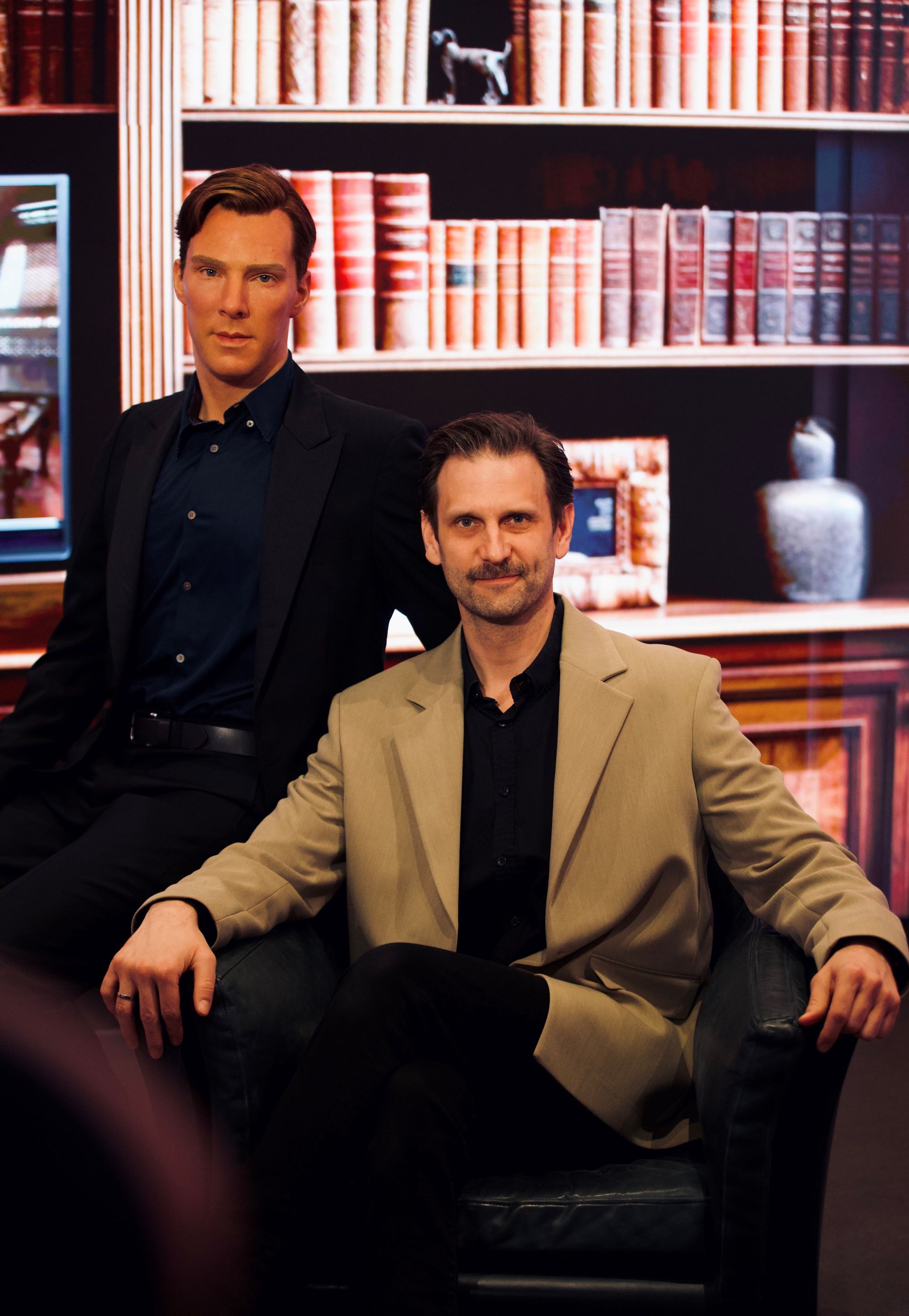Budapest Space Aims to be Art and Business Hub
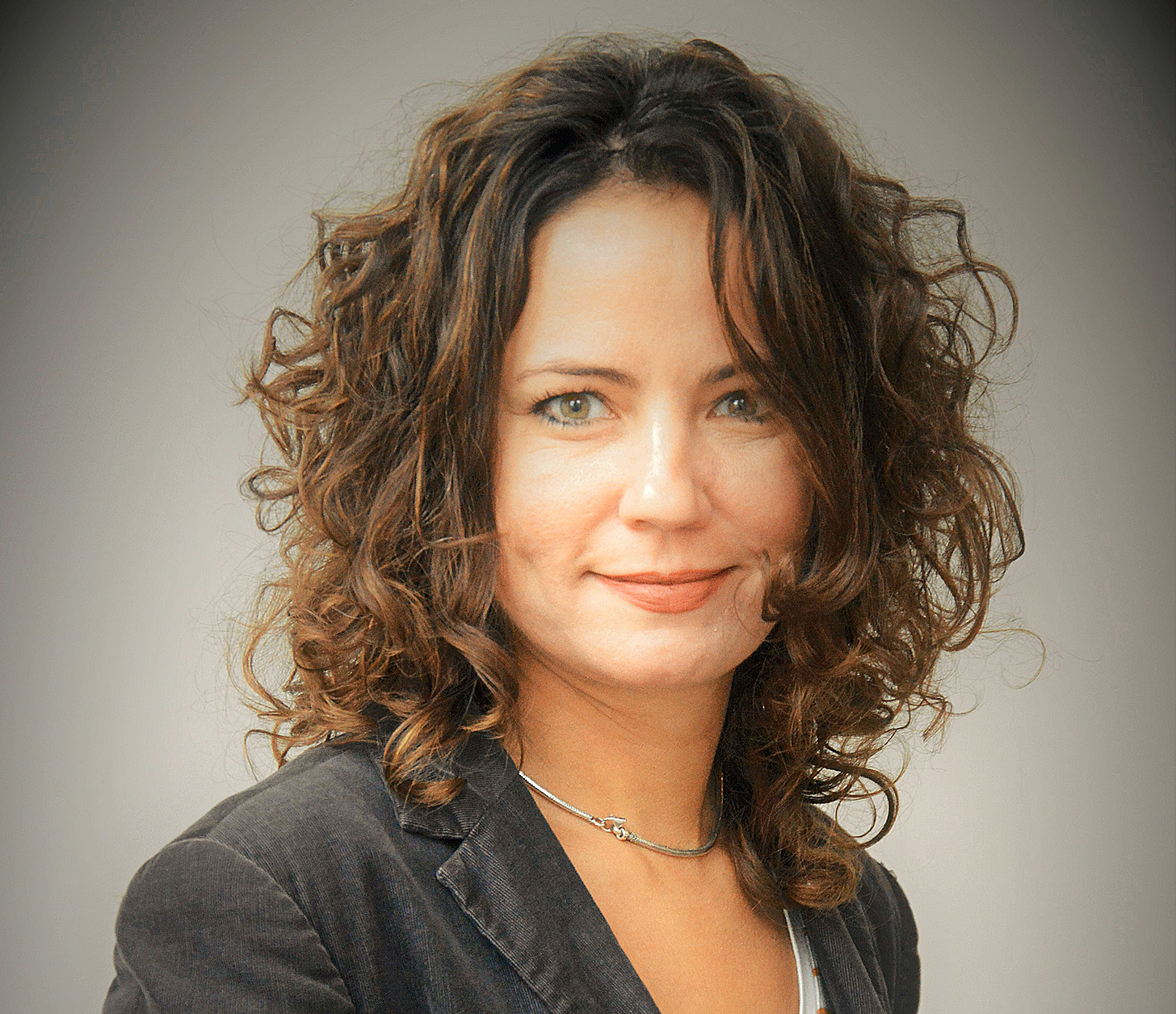
Délia Vékony
Supported by the newly merged Hungarian MBH Bank and its Foundation for Arts, Hungarian Art & Business (HAB), which opens on June 8, aims to promote the contemporary art scene in this country.
As someone who’s relatively clueless on the subject but interested in knowing more about Hungarian contemporary art, I welcome HAB’s arrival.
The main goal of HAB, located on a stretch of Andrássy út that is listed by UNESCO as a World Heritage Site, is, as its website puts it, to “contribute to the development of Hungarian contemporary art, the socialization of art and the creation of dialog through art.”
This will be done by providing quality cultural and social programs for visitors, as well as exhibitions, workshops, residency programs, and scholarships for artists. HAB is also, as the nod to “hub” suggests, intended to be a place that connects visitors with art and each other.
While the HAB team is responsible for MBH Bank’s own collection of around 260 pieces by the greatest Hungarian masters, this won’t be on permanent display.
You might think that contemporary art is simply art being made now. It is, but it also relates to art made roughly from the middle of the 20th century onward.
Contemporary art is also characterized by its lack of an “-ism,” a single organizing principle such as surrealism or modernism. Rather, it’s part of a broad cultural dialog. The definition that makes the most sense to me is art made by people living today.
“We’re putting a lot of emphasis on educating collectors and the public about the Hungarian contemporary art market,” HAB Director Délia Vékony told me.
An art historian and philosopher, Vékony received her bachelor’s and master’s degrees from the University of South Africa. She also has a doctorate in contemporary art theory from Leiden University in the Netherlands. For the past 17 years, she’s worked as a freelance curator, art historian, and art critic.
Program Founder
She was one of the founders of the arts management program at the prestigious International Business School here in Budapest, which she currently heads.
Speaking with Vékony, it’s immediately clear she’s the right person for the job. I began by asking if she could define Hungarian contemporary art for me.
“It’s extremely diverse. Abstract painting, organic and geometric, is strongly represented, particularly among women artists using oil and acrylic on canvas. They’re connecting with the heritage of masters such as Imre Bak, Tamás Hencze, and Lajos Kassák,” she explains.
“There’s also a lot of figurative painting and reinterpreted still life. Conceptual art is flourishing. Post-surrealism is strong, as is photography, from hyperrealist to experimental. Hungarian sculptors, with a powerful connection to classical sculpture and academia, are well represented. All serious training in art in Hungary is still very much rooted in academic and modernist traditions. Artists study anatomy for years, for instance,” she tells me.
I asked Vékony to give me some names to check out. She suggested abstract artist Dóra Maurer, figurative painter Attila Szűcs, Tibor Iski Kocsis, and photographer Máté Dobokay.
A cursory Google of these artists backed up Vékony’s observation that Hungary’s contemporary art scene is extremely diverse. But what of the “business” element of HAB? It surprised me that the connection between art and commerce was made so explicit.
“If you work in the contemporary art world, you can’t neglect the market for contemporary art,” Vékony insists.
This is why HAB’s remit is also to communicate art history to collectors and give them an understanding of what they’re looking at that matches their taste and buying preferences.
Educating Collectors
“We’re putting a lot of emphasis on educating collectors for this reason,” Vékony tells me. “Our first step in this direction is a mini-conference that will probably take place in the last two weeks of September. This will focus on the issues relating to contemporary art collection that need to be addressed as well as good practice.”
Given that HAB’s mission is also to engage with the public, admission is free, and Vékony promises that there will be plenty going on.
“People can come and stay for as long as they like. If they want to take a guided tour of our exhibitions, it will be given by a curator or an artist and available in English,” she says.
“Art education is part of our remit. There will be a studio where people can enroll to learn how to make graphic art. We’ll have an art education space where children, mums with kids, and adults can learn to make art guided by artists. Parents who’d like a guided tour can leave their children with us to paint, sculpt and express themselves while they do so.”
HAB will also be a place where the public can hang out. There will be a café serving good coffee, sandwiches, snacks, and cakes and pastries. The large patio is intended to be somewhere to soak up the sun in central Budapest. There’s also a sculpture park where people can wander after visiting an exhibition.
For people who want to read about contemporary art and buy merch, there will be what Vékony assured me is “a very good bookshop with an impressive selection of English language books.”
HAB’s first exhibition will be of the MBH collection, which normally lives in the offices of the bank. The first actual show will be in October. Vékony hopes that Budapest’s Museum of Fine Arts will loan some works for this.
“It will be a way of building a bridge between old and new art,” she argues.
Find out more at www.arthab.hu
This article was first published in the Budapest Business Journal print issue of June 2, 2023.
SUPPORT THE BUDAPEST BUSINESS JOURNAL
Producing journalism that is worthy of the name is a costly business. For 27 years, the publishers, editors and reporters of the Budapest Business Journal have striven to bring you business news that works, information that you can trust, that is factual, accurate and presented without fear or favor.
Newspaper organizations across the globe have struggled to find a business model that allows them to continue to excel, without compromising their ability to perform. Most recently, some have experimented with the idea of involving their most important stakeholders, their readers.
We would like to offer that same opportunity to our readers. We would like to invite you to help us deliver the quality business journalism you require. Hit our Support the BBJ button and you can choose the how much and how often you send us your contributions.


